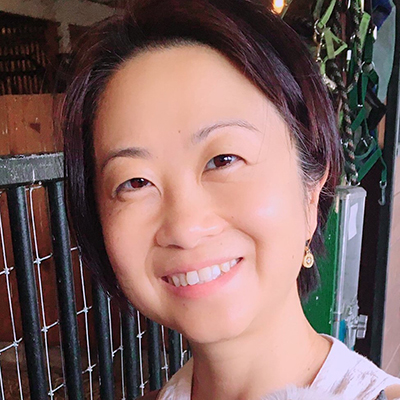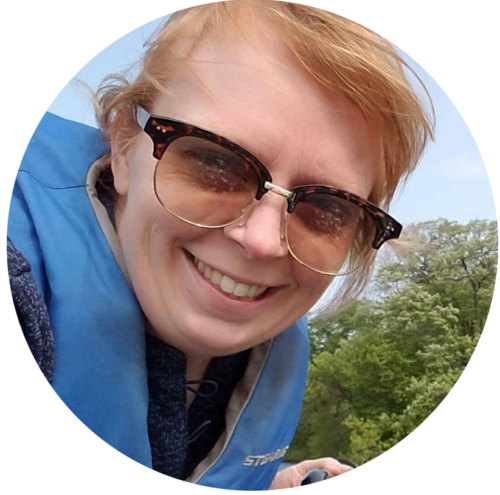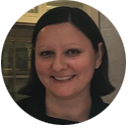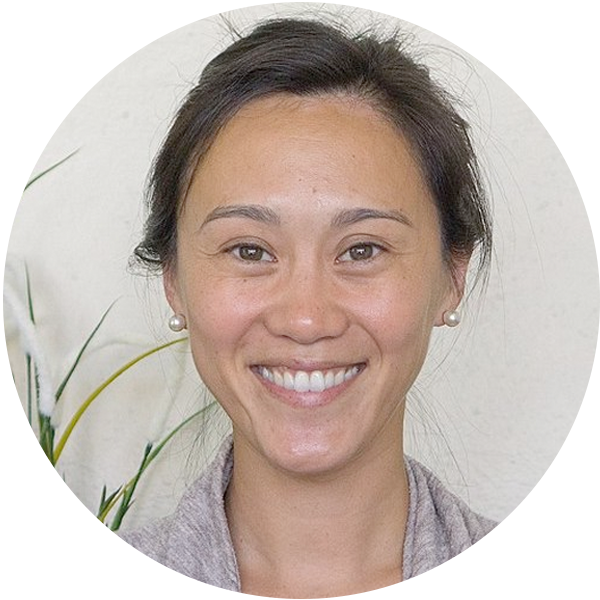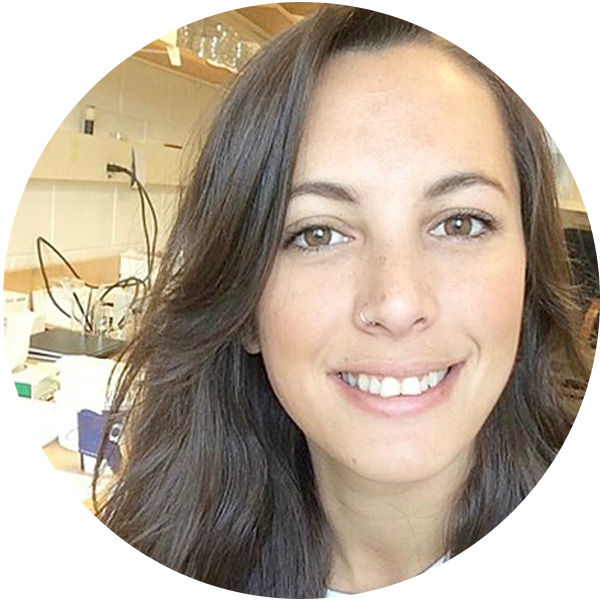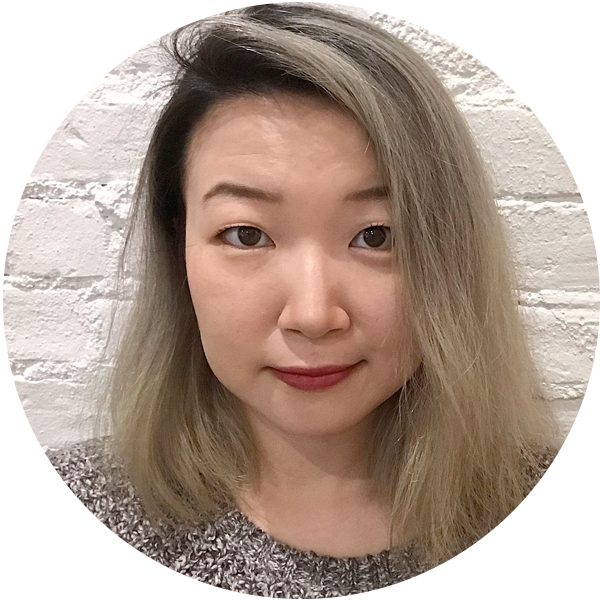“So often, we hear that girls in science need more role models and inspiration. We’re asked, ‘Where are the women in science?’, as if we’re not already here.”
Wikipedia is one of the most highly trafficked websites in the world, but only around 19 percent of English Wikipedia biographies are about women. 500 Women Scientists has designed programming to ensure the contributions of women and people from gender minorities leading in science, technology, engineering, mathematics, and medicine (STEMM) are reflected in the world’s largest free encyclopedia for all to discover.
In the past four years, we’ve created and edited more than 3,000 pages, which have been viewed more than 80 million times: 80 million opportunities to share diverse stories of those working in STEMM, and to slowly change the face of science. Explore our impact here.
How to get involved
Join a Wiki-thon: Participate in one of our Wikipedia Edit-a-thons for an introduction into why representation on Wikipedia matters and how to make your first edits with a community of supportive peers.
Partner with us: If you are part of an organization that would like to host a Wiki-thon, email us at wiki@500womenscientists.org to explore options for partnerships. We have leveraged our network of volunteer editors to support partnerships with mission-aligned organizations like SACNAS and Science Friday.
Take a Wiki Education Course: We’ve partnered with Wiki Education to run more in-depth six-week trainings for Pod members to become experts in creating and editing biographies for women in STEMM. The deadline to apply to our next course is Friday, September 24, 2021.
Institutions can help to close Wikipedia’s gender gap: As we’ve guided nearly 800 editors through their first edits during edit-a-thons, we’ve encountered a number of recurring challenges. In Nature, we’ve outlined four of these challenges, and what institutions can do to help to change things for the better.



